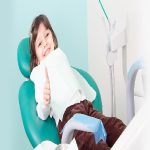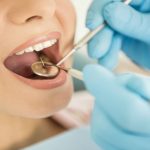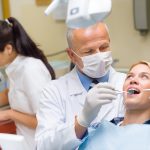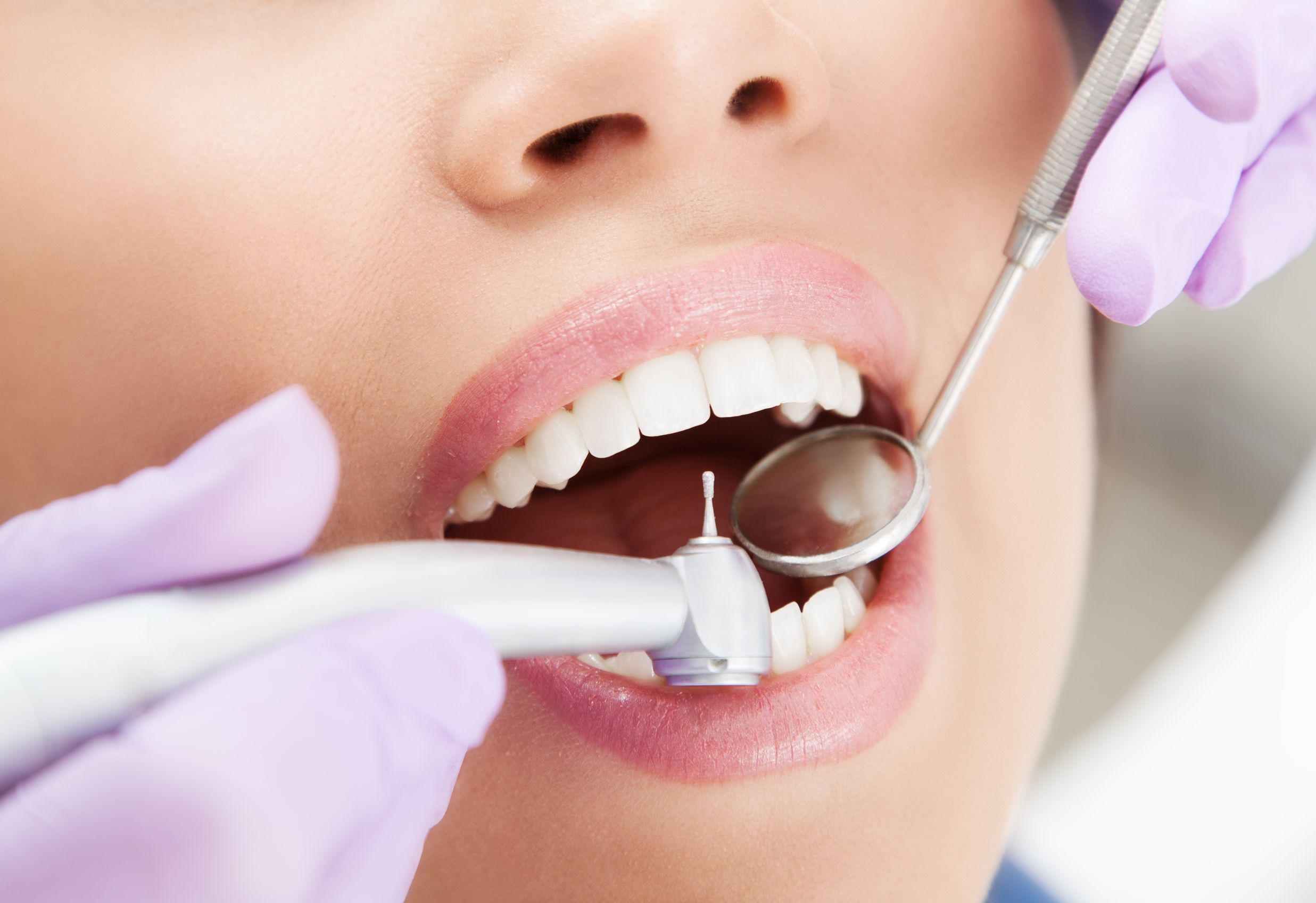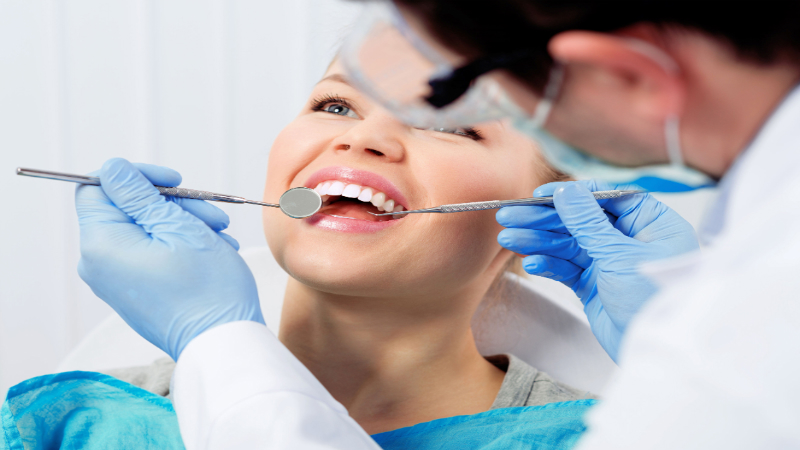Injuries that affect the mouth, both outside and internal, can cause injury to the teeth, periodontium (supporting tissues), oral mucosa, jaws and lips. Such injuries can occur at any age from falls, work or traffic accidents, trauma received while playing sports, etc. However, most often they occur in children, especially those aged between 8 and 10 years. This happens so often that the second most frequent consultation with dentists are dental emergencies. If you suffer any of the above issues, you should see one of the many Emergency Dentists in Chicago IL today.
Dental tissues
Teeth most affected by trauma injuries are the central, lateral and lower central incisors. Here is some of the most common trauma that Emergency Dentists in Chicago IL see on a daily basis.
1. Crown fractures: are the most common injuries and can affect the enamel, dentin and even the pulp. Treatment depends on the degree of depth and whether the pulp is exposed or not. Determining factors also include whether the teeth are milk or permanent.
2. Crown-root fractures: affect the crown (enamel and dentin) and root (periodontal and cement), and in many cases the pulp.
3. Root fractures: compromise the tooth root, dentin and pulp. If the trauma that occurs is perpendicular to the tooth (horizontal), the supporting tissue (periodontal) of the tooth becomes inflamed. It can also occur as a result of chewing hard foods, having a root canal performed or through other dental procedures.
Supporting tissues
There are basically two types of lesions that may occur in the supporting tissues of teeth:
1. Subluxation: affects periodontal ligaments and vascular-nervous tissue that nourishes and supplies the tooth. This causes the affected tooth to move slightly.
2. Dislocations: also affect the periodontal ligament and the vascular-nervous tissue to become mobile, but in this case it causes the displacement of the tooth. In some cases the alveolar bone may be affected.
Also, when the tooth goes through avulsion or trauma occurs, or there is gingival lesions, the patient may experience extreme pain. If there are issues with the periodontal ligaments or the vascular-nervous tissues, pain will sometimes occur as well. Contact your local dentist or click here for additional info.

